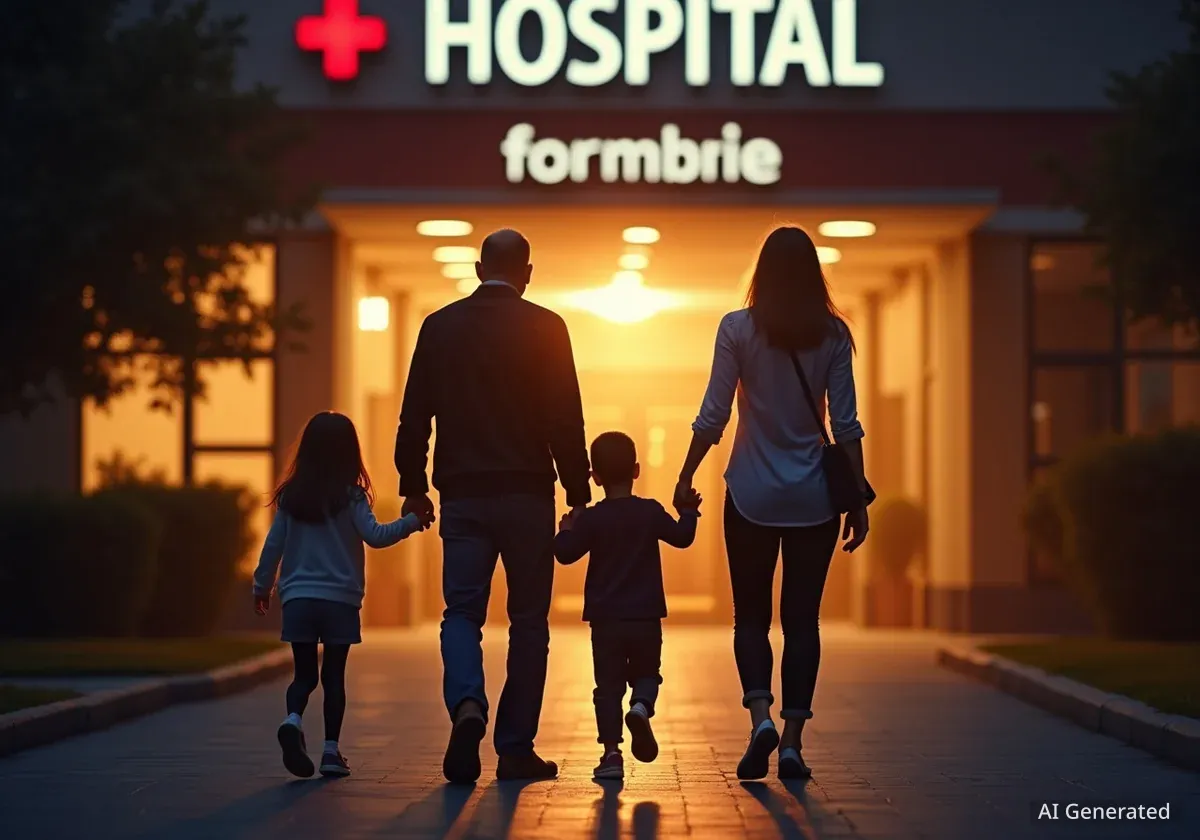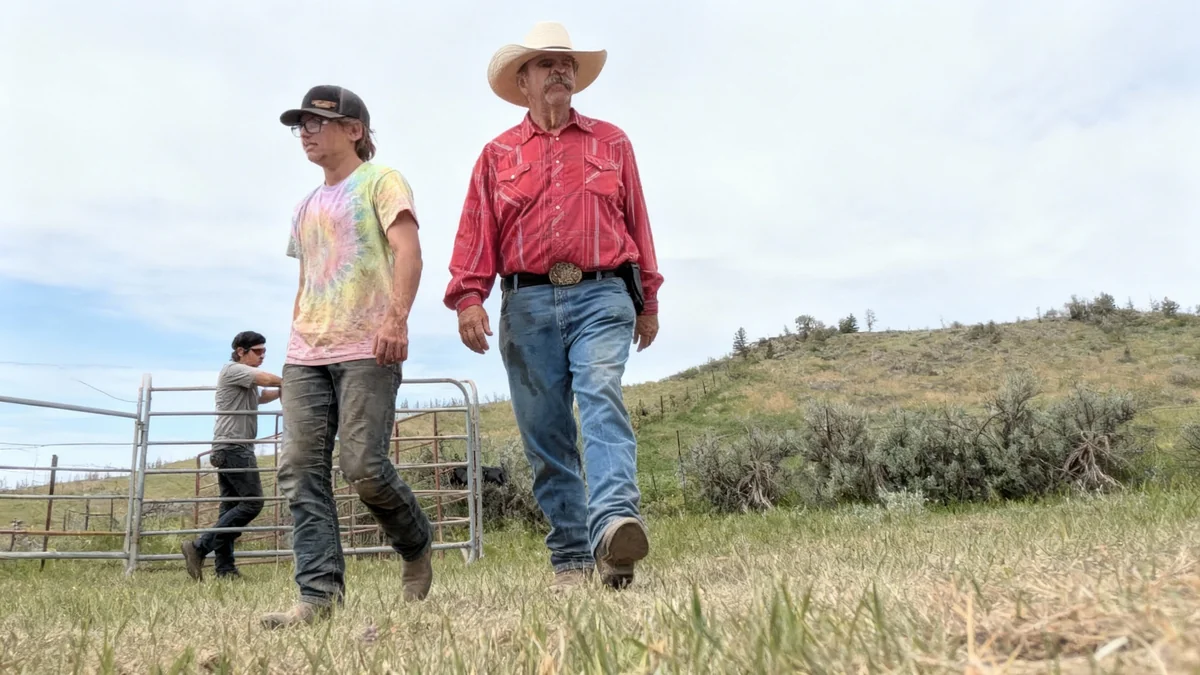Major health insurers and government programs will continue to cover the cost of updated COVID-19 vaccines this fall, officials have confirmed. The decision provides financial clarity for millions of Americans, even after a key government advisory committee opted not to issue a universal recommendation for the shots.
Despite the change in official guidance, access to the vaccines at major pharmacies and doctor's offices is expected to proceed with minimal disruption for most people. Insurers have signaled their intent to maintain coverage, ensuring the shots remain available at no cost to many patients.
Key Takeaways
- Insurers and federal programs like Medicaid will continue to pay for the updated COVID-19 vaccines.
- The shots are widely available at pharmacies, which serve as the primary vaccination site for two-thirds of adults.
- Eligibility is focused on individuals aged 65 and older and those with high-risk health conditions.
- Pharmacies will rely on patient self-attestation for high-risk status and will not require proof of condition.
Insurance Coverage Remains Intact
Concerns over insurance coverage arose after vaccine advisers to the Centers for Disease Control and Prevention (CDC) declined to make a specific recommendation for the new shots. Instead, the committee, appointed by Health Secretary Robert F. Kennedy Jr., stated that individuals could make their own decisions about vaccination.
Typically, a formal recommendation from this committee triggers automatic coverage requirements for many insurance plans. However, both government agencies and private insurers have moved to ensure that access is not interrupted.
Why CDC Recommendations Matter
Recommendations from the CDC's Advisory Committee on Immunization Practices (ACIP) are a critical part of the U.S. public health framework. They guide doctors, inform the public, and often serve as a trigger for insurance mandates under laws like the Affordable Care Act, which requires many preventive services to be covered without cost-sharing.
Federal and Private Pledges
The Department of Health and Human Services (HHS) issued a statement on Friday confirming that the committee's vote still allows for full insurance coverage. An HHS spokesperson clarified that this includes major public programs.
The coverage extends to:
- Medicaid
- The Children’s Health Insurance Program (CHIP)
- Commercial plans sold on health insurance marketplaces
- The federal Vaccines for Children (VFC) program
On the private side, America’s Health Insurance Plans (AHIP), a trade group representing most major insurers, announced its members will cover the shots at no cost to patients through 2026. While UnitedHealthcare is not an AHIP member, the company separately confirmed it will also continue no-cost coverage for its standard commercial plans.
Large employers that self-insure make their own coverage decisions, but they are generally expected to cover the vaccine to help prevent costly hospitalizations from severe COVID-19 cases among their employees.
Vaccine Availability and Access
Americans seeking the updated vaccine will find it in familiar locations. The process is expected to be straightforward for most, though some regional differences exist.
Where People Get Vaccinated: According to CDC data, pharmacies are the most popular choice for COVID-19 vaccination, with approximately two-thirds of adults receiving their shots there. Around 30% of adults get vaccinated at a doctor's office.
Pharmacies Prepared for Fall Season
Major drugstore chains like CVS and Walgreens have confirmed their locations are stocked with the latest vaccines. Both companies report being able to administer shots across all 50 states and Washington, D.C.
However, a small number of states and jurisdictions require a doctor's prescription to receive the vaccine at a pharmacy. According to CVS Health spokeswoman Amy Thibault, this includes Washington, D.C., Florida, and Georgia. Walgreens noted similar prescription requirements in a few states.
Eligibility for the Updated Shot
While previous campaigns recommended annual shots for nearly everyone, the focus this fall is more targeted. The U.S. Food and Drug Administration (FDA) recently approved the updated vaccines for specific populations deemed most vulnerable to severe illness.
The primary groups eligible for the shot are:
- All individuals aged 65 and older.
- Younger adults and children who have conditions that place them at high risk for severe COVID-19.
Defining High-Risk Conditions
The CDC maintains an extensive list of conditions that qualify an individual as high risk. This includes common health issues as well as lifestyle factors. Some of the conditions on the list include:
- Asthma
- Cancer
- Heart or lung problems
- Obesity
- Depression
- A history of smoking
- Physical inactivity
The agency notes that this list is not exhaustive. Individuals are encouraged to consult with their doctor to determine if they are at high risk, even if their specific condition is not listed.
Self-Attestation at Pharmacies
To simplify the process, pharmacies will not require medical records or a doctor's note as proof of a high-risk condition. Representatives for both CVS and Walgreens stated that their pharmacists will ask patients under the age of 65 if they have any qualifying risk factors.
“In simplest terms, if a patient says they’re eligible, they will get the vaccine,” said Amy Thibault, the CVS Health spokeswoman.
This policy of self-attestation is designed to remove barriers and make it easier for eligible individuals to get vaccinated promptly as the fall and winter respiratory virus season approaches.





